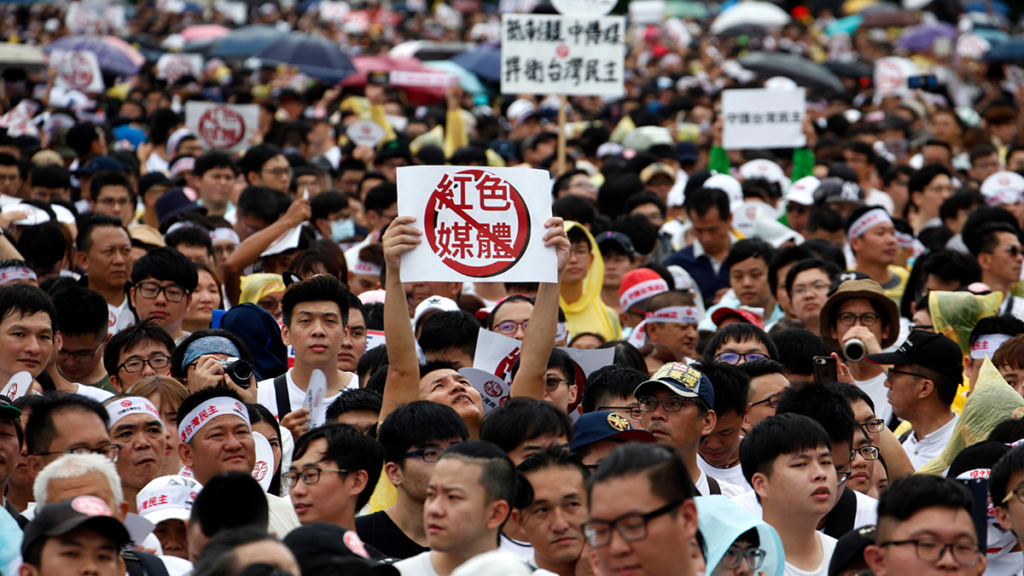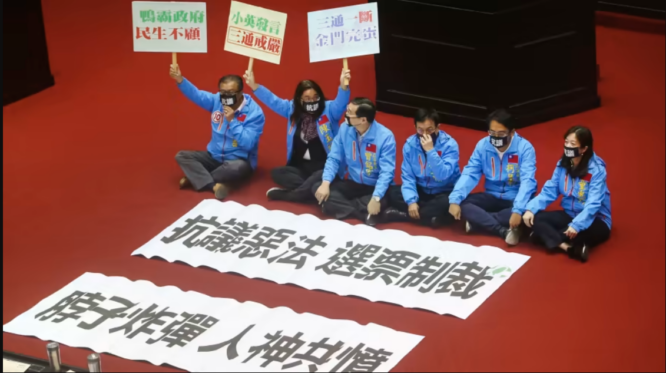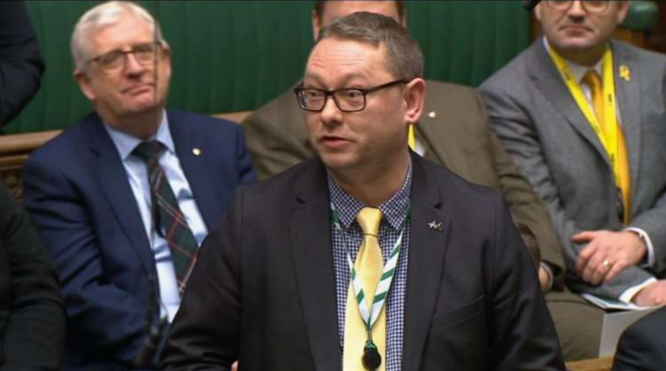According to three internal security memos obtained by Reuters, Taiwan’s government believes China may try to influence January elections by illegally sponsoring Beijing-friendly candidates through messaging apps or group excursions.
President Tsai Ing-wen’s government has frequently warned of China’s attempts to sway public opinion on the democratically administered island, which Beijing claims as its own despite Taipei’s protests.
This year, senior Taiwan officials, including the head of the National Security Council, Wellington Koo, warned that China may try to sway the presidential and legislative elections with influence campaigns and misinformation. However, Taiwan has not disclosed how China may use illicit funding.
One Taiwan security officer with firsthand information said, “They hope to influence Taiwanese people by reaching out to the grassroots.” “They hope to influence swing voters who have no political affiliation and would vote for whoever gives them benefits.”

Taiwan’s government is on high alert for Chinese election meddling.
One classified assessment received by Reuters lists tiny political parties, local councilors, and temples that interact with China as probable beneficiaries in Taiwan.
Another internal analysis said that Beijing may give free flights to China to hundreds of Taiwanese active in election campaigns to “influence voting decisions,” including borough leaders and village heads.
According to that source and another security official with direct knowledge, the government organized a cross-ministry security task force called “Ping Shun,” or secure and sound, this year to investigate any voting meddling at home or abroad. Due to sensitivity, both declined to be identified.
“External hostile forces,” including China, are prohibited from funding Taiwanese political campaigns.
Another internal study, accessed by Reuters and based on Taiwanese intelligence, suggests that China might bring money in via WeChat, a popular Chinese social networking and chat software that permits direct transactions between users and is available in Taiwan.
“Instruct candidates to set up public WeChat accounts and then mobilise users to give monetary support via ‘viewer donations,’” the report claimed. WeChat lets users send up to 50,000 yuan ($6,971) per transaction and 200,000 per day.
According to information, China might coordinate with travel bureaus to have group tour members bring cash into Taiwan. The research stated Taiwan’s underground banking sector, which is notoriously tough to supervise, might encourage foreign exchange.
“The Chinese Communist Party could financially support specific domestic groups or people and give them political donations or funding needed for elections,” a third secret agency assessment added.
China’s Taiwan Affairs Office declined comment. China calls Tsai and her Democratic Progressive Party separatists and refuses to speak. Term constraints prevent her from running for president again.
Taiwan’s China policy-making Mainland Affairs Council told Reuters that China has “used various means to actively intervene in elections to interfere in or influence election results” to forward its political goal, which included “promoting unification” with Taiwan.
Recently, Taiwanese have been jailed for obtaining illegal electoral campaign funding from China. Last year, a southern Chinese government unit funded COVID-19 self-testing kits for a New Taipei City borough chief candidate, who was found guilty of bribery and anti-infiltration this month.
According to rumors, Taiwanese can lawfully withdraw money from Chinese bank accounts via China UnionPay payment cards and direct payments to Taiwan-based charity groups.




